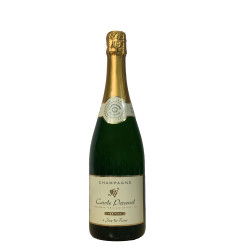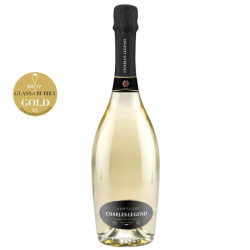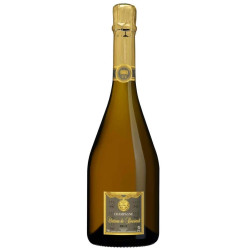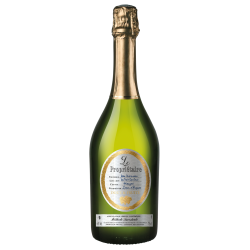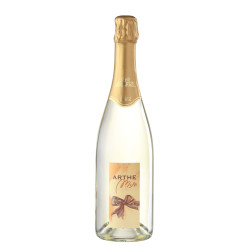Free delivery on purchases of €150 or more per winegrower in France and €250 in Europe (excluding United Kingdom)
Free delivery on purchases of €150 or more per winegrower in France and €250 in Europe (excluding United Kingdom)
-
- Great Offer
-
Our wines
-
-
By colors
-
All the wines
-
-
-
All Regions
-
-
-
-
Our organic & natural wines
-
-
Our Champagnes & Spirits
-
-
All Champagnes
-
-
Spirits
-
All the spirits
-
-
-
Our winemakers
-
-
-
winemakers
-
-
-
Our advice
-
-
Find your wine
-
-
-
- Our commitment !
-
- Great Offer
-
Our wines
-
-
By colors
-
All the wines
-
-
-
All Regions
-
-
-
-
Our organic & natural wines
-
-
Our Champagnes & Spirits
-
-
All Champagnes
-
-
Spirits
-
All the spirits
-
-
-
Our winemakers
-
-
-
winemakers
-
-
-
Our advice
-
-
Find your wine
-
-
-
- Our commitment !
Unbeatable !
REMEMBERING BEAUTIFUL THINGS... THANKS TO CHAMPAGNE!

Do you have a soft spot for Champagne?
Well, don’t hesitate to indulge during the holiday season (or at any other time). In addition to its fine and delicate taste and its joyful, festive character, Champagne might have benefits for cognitive functions, especially memory. This is the conclusion of a study conducted by researchers from the University of Reading in the UK and published in 2013 in the scientific journal Antioxidants and Redox Signalling.
"Magic Potion"
The study, conducted on rats, shows that drinking one to three glasses of Champagne per week improves cognitive functions and protects the brain from age-related memory loss, potentially preventing neurological conditions such as dementia or Alzheimer’s disease. Champagne is rich in polyphenols, molecules primarily found in the skin and seeds of grapes, which stimulate the part of the brain responsible for spatial memory and learning. This sparkling wine thus acts like a sort of "magic potion" for the brain, slowing down the aging process.
A Theory Supported by Other Foods
More specifically, these beneficial effects come from Pinot Noir and Pinot Meunier, two of the three grape varieties extensively used in Champagne production and extremely rich in polyphenols. While tests have only been conducted on rats so far, researchers plan to apply these findings to humans: "Other tests on foods such as blueberries or cocoa have shown the beneficial effects of polyphenols on the human brain, and I anticipate similar results with Champagne," says Dr. David Azour, the lead author of the study.
Our nuggets
Related articles
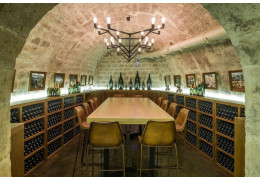
3 UNUSUAL WINE EXPERIENCES
Do you like wine, going out with friends and doing things off the beaten tra...
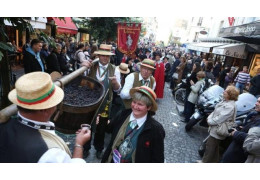
WE'RE CELEBRATING THE GRAPE HARVEST: 3 EVENTS NOT TO BE MISSED!
October has a very special resonance for winegrowers who celebrate their har...
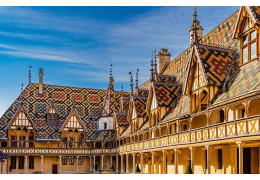
WINE AND HERITAGE DAYS: 3 GOOD IDEAS FOR THE WEEKEND
I'm sure you'll agree that wine is officially part of France's heritage.
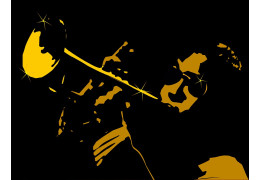
2 PLACES TO LISTEN TO JAZZ IN THE VINEYARDS
Summer is all about lounging, mountain walks and sunbathing on the beach, bu...
